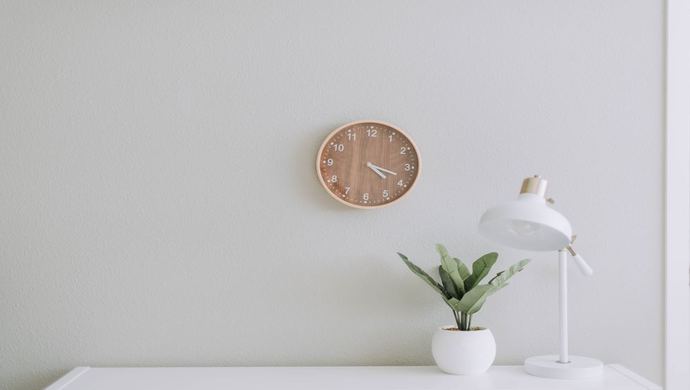Successful people focus on getting important things done consistently

It’s 7 pm. I’m getting ready to leave the office, look down at my to-do list, and realise… YIKES … I still haven’t finished what I intended to.
The same task that has been on my list for three days continues to linger. At moments like these, I want nothing more than to rip my hair out. How could I let this happen after 9+ hours of work?!?
Because I was procrastinating the kind of work which takes more mental effort.
And naturally, what is mentally exhausting, is that one task we need to finish but are hesitant to start. Finally, I realised how to stop torturing myself through this simple strategy:
I do my most exhausting task first, for 2-3 hours, before anything else.
Not responding to email, reading the news, or catching up on social media. Nope. The first task I’ll do is my most exhausting task, for two to three hours.
Abiding by this new rule, I leverage the time when I’m most energized — the morning.
Now I don’t leave work at 7 pm, regretting that I didn’t start on my most exhausting task earlier in the day. Here’s the three-step-process how I do it:
First, I prioritise the three things I MUST get done today
After referencing my master to-do list, I write down the three most important tasks that must be done before leaving the office. I do this first thing in the morning, which usually takes 10 to 15 minutes.
By proactively planning my day, I don’t float along, doing random things that come up. Instead of falling victim to “present bias,” I understand exactly what I need to do and in what order.
Below is one of my favourite tools to stay focused on my current task.
Tooltip: momentum
Momentum is a free Google Chrome extension that displays a reminder of the task you should be focused on every time you open a new tab. Plus, it has a pretty rotating picture and inspiring quote.
It’s a great reminder of what you should be focused on whenever opening a new tab. Here’s what it looks like:
Second, I do my most exhausting task immediately after
After prioritising my day, I immediately begin my most tiring task for two to three hours. I work on this before responding to email, answering chat messages, attending meetings … before ANYTHING. Why?
Because I have the most mental energy in the morning, and the most exhausting work (usually the most important) requires the most mental energy.
I used to work on easier tasks first (ex. Scheduling email marketing campaigns) instead of harder ones (ex. writing this article), simply because they were easier.
Then when I finally got around to the harder task, halfway through the day, I only had a few hours left. This left me pissed off at myself because at 7 pm I still had more work to do.
It’s a paradox.
We will hate ourselves later if the task isn’t finished, but we procrastinate on getting started with the task. It’s self-inflicted mental torture attributed to chronic procrastination.
This problem is easily solved by working on the most exhausting task, first thing in the morning.
“You can spend a lifetime studying, planning, and getting ready for it. What you should be doing is getting started” — Drew Houston, CEO of Dropbox
Third, I work in a series of sprints and rests
Unless you’re the Terminator (or drink 13 cups of coffee), you have highs and lows of energy throughout the day. You are human, not a robot.
And that’s ok.
That’s how our bodies are biologically designed. We have natural “ultradian rhythms,” which fluctuate every 90 minutes. If we can take advantage of them, we can get more done throughout the day.
Also, it’s a great idea to start tracking your energy throughout the day to understand when you’re most energised.
Always do your most exhausting (which probably means your most important as well) first thing in the morning. You leverage your mind and body’s energy fluctuations throughout the day.
We often think of productivity as getting more done each day which is a misconception.
Being productive is about maintaining an average speed of essential tasks; not rapidly doing 20 random tasks as fast as possible. That will eventually lead to burnout.
Success is a mental commitment. Not a time commitment.
–
Editor’s note: e27 publishes relevant guest contributions from the community. Share your honest opinions and expert knowledge by submitting your content here.
Join our e27 Telegram group here, or our e27 contributor Facebook page here.
Image Credit: Samantha Gades
The post How to stop working late and increase productivity : do your most exhausting task first appeared first on e27.